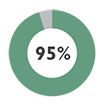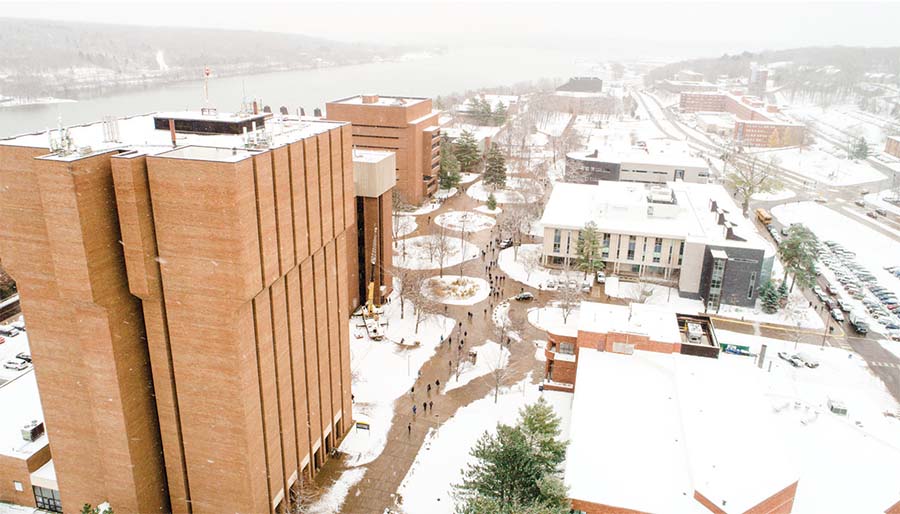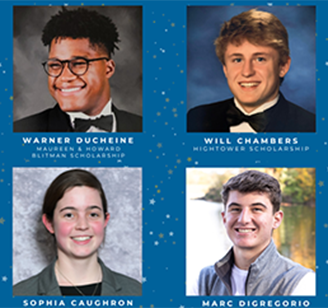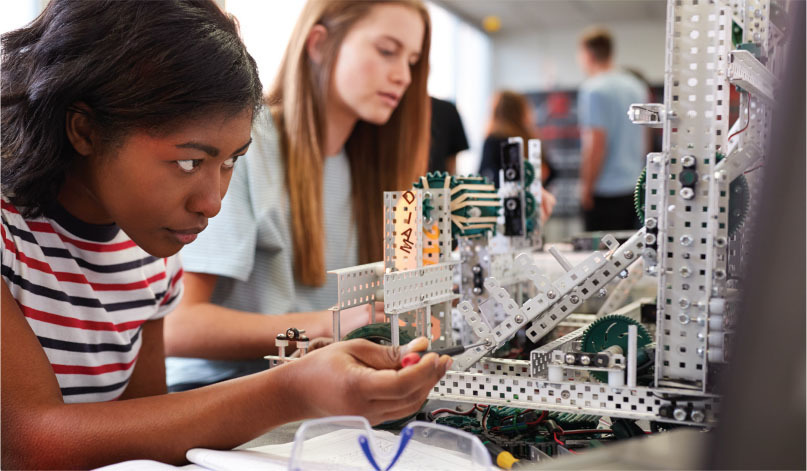March/April 2020
Communities: Education
How to Succeed as a Freshman: Undergrads Advise
Transitioning from high school to college can be tough, especially when starting a rigorous engineering program. Research has examined ways to increase success for first-year engineering students, but little has focused on the student perspective. A PE at Michigan Technological University, however, is changing that.
Michelle Jarvie-Eggart, P.E., and two student researchers asked students in a first-year engineering program to provide advice for the next year’s class. More than 150 students, grouped into 44 teams, offered suggestions that were then provided to incoming students the following fall.
A number of themes emerged. Here are the most prevalent, with the percentage of teams that mentioned them:
Time Management

This theme highlighted the importance of keeping on top of homework and due dates. Advice included organizing and scheduling work throughout the day and employing calendars and planners. Teams also discussed the high ratio of study time to class time in college and advised against procrastination.
Resources

Teams suggested taking advantage of faculty office hours, peers, and learning centers. Comments also advised first-year students to simply ask for help.
Hard Work

As one team stated, “Be prepared to work much harder than you did in high school and embrace the challenges.”
Preparation

This theme incorporated comments on coming to class prepared and not procrastinating. The “flipped” format of the first-year program—in which students watch videos, read, and complete assignments before coming to class for collaborative work—may have driven the theme. As the researchers put it, “the transition to flipped classes may be particularly hard for first-year students, who are already in great transition with regards to their study skills and time commitment.”
Teaming

Team communication was one component of this theme, which may also have been a product of the program structure. In both first- and second-semester engineering courses, students complete design projects in teams of four.
Attending Class

This theme incorporated comments both on the importance of going to class and against skipping. As one team stated, “Go to all your classes; you never know what you’re going to miss in class.”
Social Activities

Teams suggested joining organizations or social activities on campus and making friends. “Most people don’t bite; I promise,” said one.
Self-Care

This advice included suggestions on sleep, de-stressing, hygiene, and healthy eating. Many first-year students are living away from home for the first time without parents enforcing bedtimes, meal schedules, and regular showers. As the researchers noted, “Thus, the work of taking care of ones’ self seems to be a significant part of the college transition.”
The advice assignment has become a regular part of the ENG1102 course at Michigan Tech, with suggestions presented at the beginning of the course the next year.
Advice From a First Year was authored by Michelle Jarvie-Eggart, P.E., senior lecturer in the Department of Engineering Fundamentals at Michigan Technological University with a research interest in first year transitioning; Amanda Singer, a graduate student in environmental engineering at Michigan Tech who serves as teaching assistant in the Department of Engineering Fundamentals; and Jason Mathews, a recent B.S. graduate in environmental engineering from Michigan Tech currently working for General Motors as an environmental engineer. Access the full paper.



 Volunteering at NSPE is a great opportunity to grow your professional network and connect with other leaders in the field.
Volunteering at NSPE is a great opportunity to grow your professional network and connect with other leaders in the field. The National Society of Professional Engineers (NSPE) encourages you to explore the resources to cast your vote on election day:
The National Society of Professional Engineers (NSPE) encourages you to explore the resources to cast your vote on election day:



